Nonprofits form an essential part of Hawaiʻi’s communities, hosting cultural festivals and charity fundraisers, outreach events and youth programs, and welcoming millions of people to Hawaiʻi each year. Since a nonprofit does not always hire traditional employees, some owners and organizers may think they need less business insurance. Yet, in many cases, the overall responsibility of these organizations exposes them to more liability, not less.
Every gathering, no matter how large or small, creates risks. Nonprofit organizers have a responsibility to protect themselves, their visitors, and their reputations to the best of their ability. This is especially true when providing community and fundraising events, when the potential liability is highest. This article explains why nonprofits in Hawaiʻi need insurance and what types of insurance are right for their needs.
Insurance Types Every Hawaiʻi Nonprofit Should Consider
Nonprofit organizations are presented with many possible issues when hosting community events and fundraisers. This can include legal and financial risks related to visitor or employee injuries, damage to rented equipment or owned assets, auto accidents, cyberattacks, professional mistakes, and more. The duty of care for nonprofit organizers is often greater than many for-profit businesses since they are not only employers but also hosts and community stewards.
Without proper coverage, a nonprofit organization can quickly become overwhelmed by financial and legal setbacks. These insurance policy types can help make sure the nonprofit stays covered:
- General Liability: Nonprofits need general liability insurance to helphelps cover third-party claims made by visitors, donors, or clients, including bodily injury and property damage that occurs at their events.
- Property Insurance: Property insurance covers damage or loss to the buildings, property, equipment, inventory, and more. This includes fire and theft, but usually excludes flood and earthquake insurance.
- Auto Insurance: Nonprofits often use vehicles, either owned by the company or its volunteers which must be covered against physical damage and theft. Vehicles not owned by the company may need policy extensions, so it’s important for organizers to customize the auto coverage to their specific vehicle needs.
- Workers’ Compensation: Many nonprofits have traditional employees, which require workers’ compensation insurance under Hawaiʻi’s labor laws. This coverage provides compensation for medical expenses and wages if the employee gets injured. Standard workers’ comp coverage may not cover volunteers, so nonprofit organizers should make sure that their policies have the necessary extensions to protect staff, regardless of their status.
- Cyber Liability: Nonprofits often lack cyber security measures, making them prime targets for hackers. Cyber liability insurance recoups the costs of accidental or intentional information leaks, including confidential donor information and the personally identifying information of clients, volunteers, and employees.
Beyond these general policies, nonprofit organizations should also consider additional coverage depending on their needs and industry. Here are some examples of extra coverage that organizations might need:
- Crime Coverage: Even trusted volunteers and employers can steal from a nonprofit, or cause a theft to occur. Crime coverage protects businesses from these losses, including damages caused by the theft of any client assets the organization is responsible for.
- Directors and Officers Liability: D&O insurance, or more broadly termed “professional liability coverage”, protects nonprofits from the costs of any mistakes that board directors, officers, and members may make. Employment Practices Liability (EPL), which includes claims of harassment, discrimination, and wrongful termination, can be added to D&O for added professional liability protection.
How to Select the Right Insurance Policy for Your Nonprofit

The coverage type is not the only factor that nonprofit organizers should consider. When choosing the right policy for an organization, these aspects should be part of the process to make sure the coverage matches the business:
- Deductible vs Coverage: For most policies, a higher deductible means a lower monthly premium. However, nonprofit organizers should carefully consider this tradeoff. High deductibles can reduce or eliminate the payout on smaller claims. Additionally, organizations that file frequent claims can experience premium increases. Organizers should first review their industry, claim frequency, and event size when choosing a deductible.
- Policy Language Differences: Insurance policies are often written in unclear language. They may include additions, conditions, and exclusions that readers may not recognize. A licensed insurance agent should always review and explain a policy before the organization commits.
- Definition of an Insured Person: Nonprofit organizations employ many people who should be covered and recognized by insurance policies, including directors, trustees, officers, employees, committee members, and volunteers. Each relevant party should be named and considered when choosing a policy so that no one falls through the gaps.
The terminology can be difficult to define when working alone, which is why an insurance firm with local experience is the best resource for nonprofit leaders to get the coverage they need.
Why Local Expertise Matters for Your Hawaiʻi Nonprofit’s Insurance
While national insurance chains can provide basic coverage, few are familiar with the specific risks, responsibilities, and goals specific to the local businesses in Hawaiʻi. Both for-profit and nonprofit organizations in Hawaiʻi have trusted Atlas Insurance with their coverage for over 90 years because Atlas has been a pillar of its communities, sending local agents to handle local needs.
Contact our experienced team to make sure your nonprofit has the right coverage for fundraising events, festivals, and everything else your organization does to achieve its goals.
